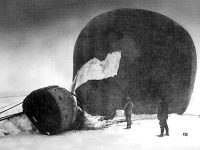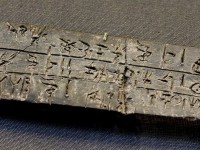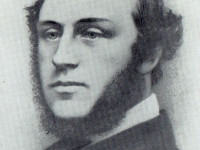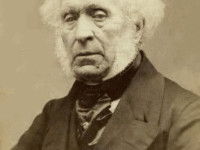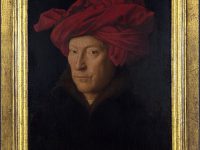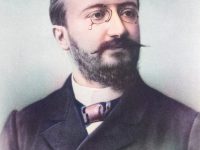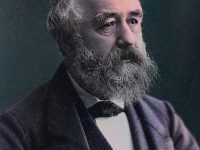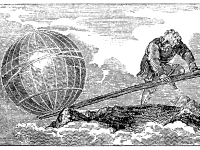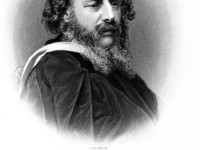Gustav Klimt and the Vienna Secession
On July 14, 1862, Austrian painter Gustav Klimt was born. Klimt is considered the most famous representative of Viennese Art Nouveau and founding president of the Vienna Secession. He noted for his paintings, murals, sketches, and other objects d’art. Klimt’s primary subject was the female body, and his works are marked by a frank eroticism. Klimt was the most influenced by Japanese art and its methods. Gustav Klimt – The Artists Early…
Read more












